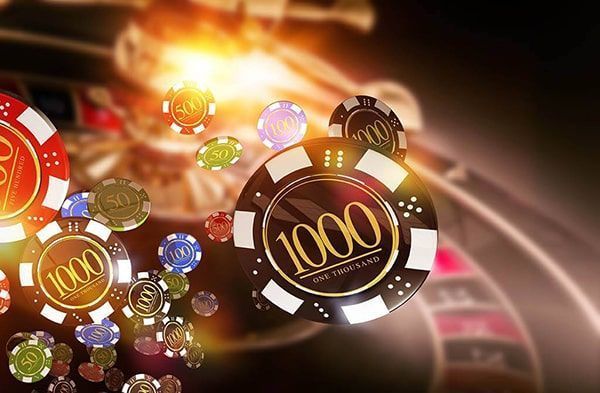
How to Avoid Gambling Fatigue
Gambling can be a thrilling experience that offers excitement and the potential for financial gain. However, it also comes with its own set of risks, one of which is gambling fatigue. How to Avoid Gambling Fatigue transenergo.kz/ Gambling fatigue is a psychological state that can hinder a player’s enjoyment and decision-making abilities, leading to poor outcomes. In this article, we will explore the causes of gambling fatigue and share effective strategies to help you maintain a healthy relationship with gambling, so you can continue to enjoy the thrill without the negative consequences.
Understanding Gambling Fatigue
Before diving into prevention methods, it’s important to recognize what gambling fatigue is. This phenomenon occurs when individuals become mentally and emotionally drained from excessive gambling activities. It often leads to a decrease in the pleasure derived from gambling, poor decision-making, irritability, and even a loss of interest in previously enjoyable activities.
Signs of Gambling Fatigue
Identifying the signs of gambling fatigue can be the first step towards addressing the issue. Some common indicators include:
- Feeling uninterested in gambling despite previously enjoying it
- Experiencing irritability or frustration during gaming sessions
- Making impulsive or rash decisions when gambling
- Neglecting responsibilities or social relationships due to gambling
- Having difficulty concentrating during games
Causes of Gambling Fatigue
Various factors can contribute to gambling fatigue, including:
- Prolonged gambling sessions that lead to mental fatigue
- Chasing losses and failing to set limits
- Lack of breaks or downtime to recharge
- Stress and emotional factors affecting gambling behavior
Strategies to Avoid Gambling Fatigue
Now that we understand the concept of gambling fatigue and its signs, let’s explore some effective strategies to prevent it:
1. Set Time Limits
One of the most effective ways to avoid gambling fatigue is to set strict time limits on your gaming sessions. Decide in advance how much time you will spend gambling to prevent lengthy sessions that can lead to fatigue. Use tools like timers or alarms to remind you when it’s time to take a break or stop playing.

2. Take Regular Breaks
Taking breaks is essential for mental recovery. Regardless of whether you are winning or losing, stepping away from the game for a while allows you to reset and regain focus. During your breaks, engage in other activities such as stretching, going for a walk, or practicing mindfulness to help refresh your mind.
3. Practice Mindfulness
Mindfulness techniques, such as meditation and deep-breathing exercises, can help you stay focused and balanced while gambling. Practicing mindfulness can reduce stress and improve your overall gaming experience. Consider incorporating short mindfulness sessions into your daily routine to enhance your awareness during gambling.
4. Set Financial Limits
Establishing financial limits is crucial for responsible gambling. Determine how much money you’re willing to allocate for gambling sessions and stick to this budget. This not only safeguards your finances but also helps you avoid impulsive gambling actions that can lead to fatigue.
5. Stay Active Outside of Gambling
Engage in various activities outside of gambling to maintain a balanced lifestyle. Pursuing hobbies, spending time with friends and family, or participating in physical activities can provide a refreshing break from gambling and help reduce the likelihood of feeling fatigued.
6. Recognize When to Walk Away
Understanding the importance of quitting while you’re ahead is crucial. If you find yourself feeling fatigued, take it as a sign to step away from the table or the screen. Pushing through fatigue can lead to poor decisions and increased stress, which can affect your enjoyment of gambling.
7. Seek Support
If you find it challenging to manage your gambling habits or notice signs of gambling fatigue, consider reaching out for support. Talking to a friend, family member, or professional counselor can help you work through your feelings and develop healthier gambling habits.
Conclusion
Gambling can be an enjoyable pastime, but it’s important to recognize the signs of gambling fatigue and take proactive steps to prevent it. By setting limits, taking breaks, practicing mindfulness, and maintaining a balanced lifestyle, you can develop a healthier relationship with gambling. Always remember that the key is moderation, and taking care of your mental and emotional well-being should always come first.
